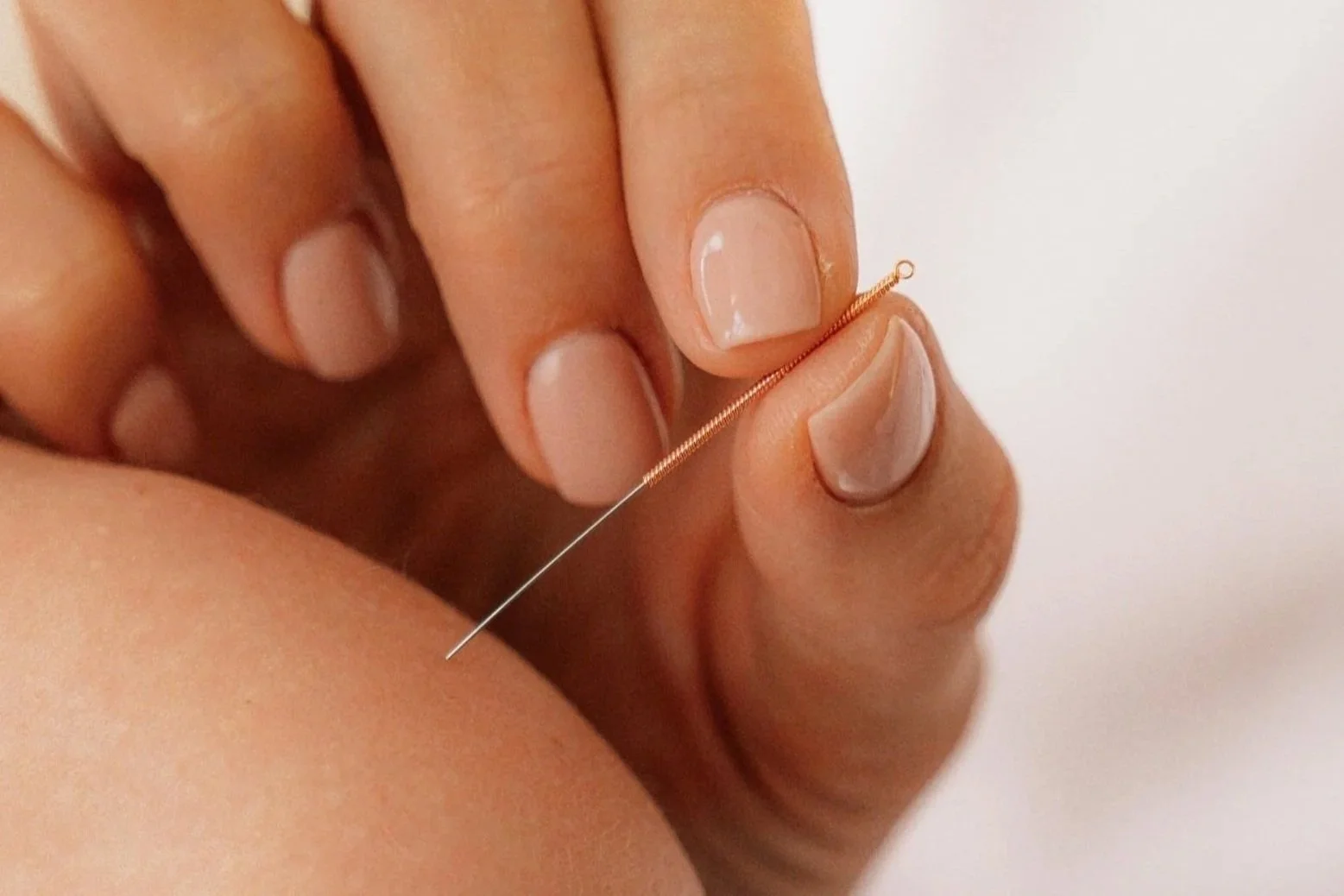
Acupuncture
What is acupuncture?
Considered to be one of the "Five Pillars" of Chinese Medicine, Acupuncture has been used for thousands of years to harmonise and regulate the body's Qi (energetic value), Blood, body fluids and Essence (constitution and inherited traits). Acupuncture has demonstrated incredible results supporting a wide range of health conditions. Throughout the body, Qi gathers in certain areas which have been identified and labelled as acupuncture points. These points are where the acupuncture needle can be inserted to directly affect the body's ability to maintain homeostasis (harmony/balance). Traditional Chinese Medicine recognises that there are over 2,000 points that can be needled! However, the World Health Organisation (WHO) focuses its standards of acupuncture on only 361 points. Each point has a different function and impact on the body. The acupuncture points are organised into 12 channels or meridians that are assigned to 12 different organs. These organs have specific functions within the body that are slightly different to Western Medicine's physical interpretation. Each organ has a specific influence on balancing the body's Yin and Yang qualities as well as regulating a person's mental and emotional well being. Acupuncture is one technique with the context of Traditional Chinese Medicine that has the ability to harmonise and rebalance the body.
What are acupuncture needles like?
Acupuncture needles range in length and width depending upon which area of the body needs to be needled. As these needles do not hold any fluid, they are much thinner than the ones used for vaccinations or blood draws. The needle itself is very thin, ranging from .13mm to .35mm in width. The length of the needles can range from just over 1cm all the way to 9cm or more! Some needles are inserted just below the skin level and others are inserted deeper into muscle, fascia and tissue. The depth depends upon the area being needled. The needles come in sterilised packaging and are very high quality.
How are the needles inserted?
The needles are placed within a guide tube. Nickila will remove the needle and its guide tube from the sterilised packaging and then will locate the acupuncture point through gentle palpation. Then the guide tube will be pressed against the skin to guide the needle when inserted. A gentle tap quickly inserts the needle into the skin via the guide tube. This process is quick and gentle.
What sensations might I feel when having acupuncture?
When having acupuncture, you may feel numbness, tingling or soreness, but not pain. This sensation is called De-Qi (pronounced "Duhr Chee").This translates in Chinese to mean "arrival of Qi". Basically, this is the body's reaction to the Qi arriving and starting the rebalancing process. This sensation usually lasts for a few seconds; however, if you are uncomfortable at any time, please inform Nickila and the needle can either be adjusted or removed.
I have a fear of needles. Can I still be treated?
Yes, absolutely! Other NRQi Studio treatments such as acupressure massage, Tui Na, gua sha and cupping can be used instead of needles. Please inform Nickila of your concerns and adjustments to your treatment plan can be made.
What will I feel like during the treatment?
Often, patients feel a sense of calm and relaxation during the acupuncture treatments. Some patients even fall asleep. This is the body's time to heal, so take the time to relax and unwind. Nickila will monitor you throughout the duration of your treatment.
How are the needles removed?
Needles are removed by Nickila using a swift and gentle motion and then cotton wool is applied to the area if there is a slight drop of blood. Sometimes there may be a slight bruise but this is not very common, as the needle is so thin that it often avoids puncturing any blood vessels. However, if you do have a small bruise, this should clear within a few days.
What will I feel like after acupuncture?
Every patient has a different experience after an acupuncture treatment. You may feel a bit tired or relaxed. Some people report that they may have better sleep afterwards. The best advice is to not do anything too strenuous after a treatment as your body is still rebalancing and requires all of its qi to do this. This is a process and you need to listen to your body's signals.
When should I book my next acupuncture treatment?
This depends upon your diagnosis. Nickila will recommend when you should rebook another appointment. Feel free to discuss this with her.
